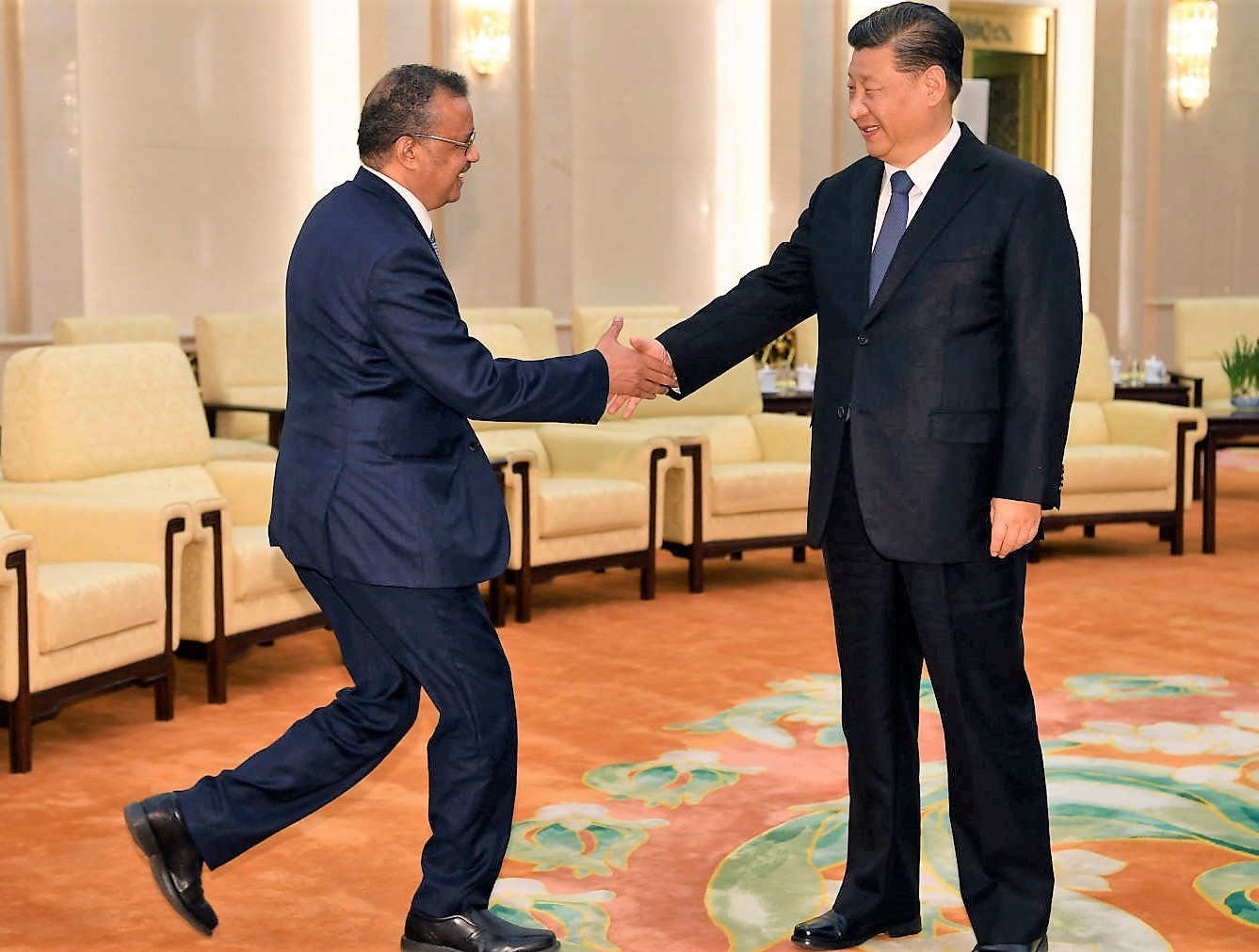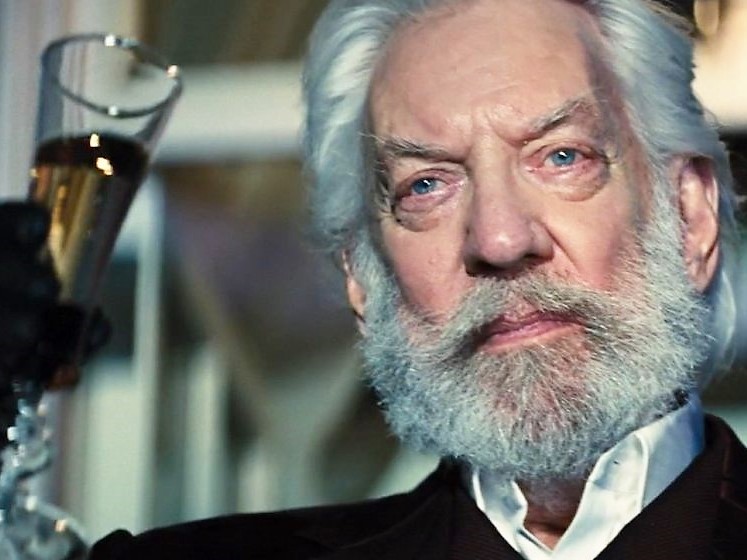Epsilon Theory In Brief
Daily short-form pieces for those without the time (or attention span) for classic Epsilon Theory notes. Look out for regular features like the subscriber mailbag and guest contributions from within the Epsilon Theory network.
Skipping the Greek letter Xi in naming the latest Covid variant is ridiculous, not dangerous.
What’s dangerous is WHO leadership placing Chinese political interests ahead of global health interests.
This note is about the Narrative process that makes it so politically difficult to say that yes, parents are responsible for their children’s education AND yes, our children should be taught the fact of embedded racism in our nation’s history.
And why it’s so important that we do so, anyway.
Move over Hollywood! Almonds are one of the most lucrative and fastest growing industries in California. Unfortunately they’re not as good for us as you’d think.
No one gives a clearer explanation of how financial institutions work than ET contributor Marc Rubinstein, and his primer on prime brokerage services (and its extension into crypto) is no exception.
Jonathan Plotkin is a longtime ET reader and brilliant cartoonist. For years he’s been sending Ben illustrations inspired by our notes and we’ve been dying…
I don’t think there’s anything illegal in how Fed governors trade their personal accounts.
No, I think it’s much worse than that.
We find ourselves together now at the stage of the Widening Gyre in which your political identity now determines the reality you wish to accept about three days of moderate operational difficulties at the ninth largest global airline, as measured by passenger-miles.
With $300+ billion of assets, Evergrande is big, but if you want REALLY big, take a look at the balance sheets of Chinese banks.
ET contributor Marc Rubinstein was there at the beginning when Chinese banks went public, and he’s here now to review the sector.
ET friend and contributor David Salem is back!
Here with his Constitution Day address at Middlebury College, David makes the rich tradition of academic speeches richer still, with nods to the Founders and Vitalik Buterin alike.
There is an uncontained spark in the financial world today, a spark that emerged from the unlikeliest of places, a federal courthouse in Florida.
It’s a spark with the potential to light a searing bonfire under Robinhood and Citadel.
#BITFD
ET contributor Matthew Edwards pushes back on seven rules that allocators often apply to new managers.
1) We don’t do crypto.
2) We only invest in what we know.
3) We never pay full fees.
4) We prefer fundamental investment strategies.
5) We seek strong alignment of interests.
6) We cannot be greater than x% of a fund’s total assets under management.
7) We require a minimum track record of X years.
ET contributor Brent Donnelly starts up where he left off, with a new launch of AM/FX and a new riff on the classic ET note, “Snip!”.
In the immortal words of Hunter S. Thompson, when the going gets weird, the weird turn pro!
In 1937, in the midst of a Great Depression, we started building a mighty bridge, not for a war effort, but for a popular movement based on wonder and progress.
We really did that.
Can we do it again?
The McDonalds Hot Coffee lawsuit is the archetypal example of nonsense litigation. But there’s a lot more to the story than most people know.
ET contributor Brent Donnelly with an end-of-summer compilation of the top–of-mind topics at Camp Kotok!
Sophocles knew it. Dostoevsky knew it.
Disruption to the biological order and disruption to the social order are one and the same.
When the State Department announced on August 12th that it was removing all remaining non-essential personnel from Kabul within 3 days and was considering a relocation of the US embassy to the more defensible airport, the fall of the Afghani government became common knowledge.
And that’s when everything fell apart.
We are in the very early innings of the narrative formation around responsibility for the outcome in Afghanistan. Steel yourselves for weeks of gaslighting from every angle. Hooray.
It’s the only question that really matters here in the Age of Nudge: why do we want what we want?
A conversation with Luke Burgis, author of “Wanting: The Power of Mimetic Desire in Everyday Life”.
The Olympic games are known as a time of triumph and glory. The truth is that a lot more work goes into creating and maintaining that narrative than you’d expect.


















